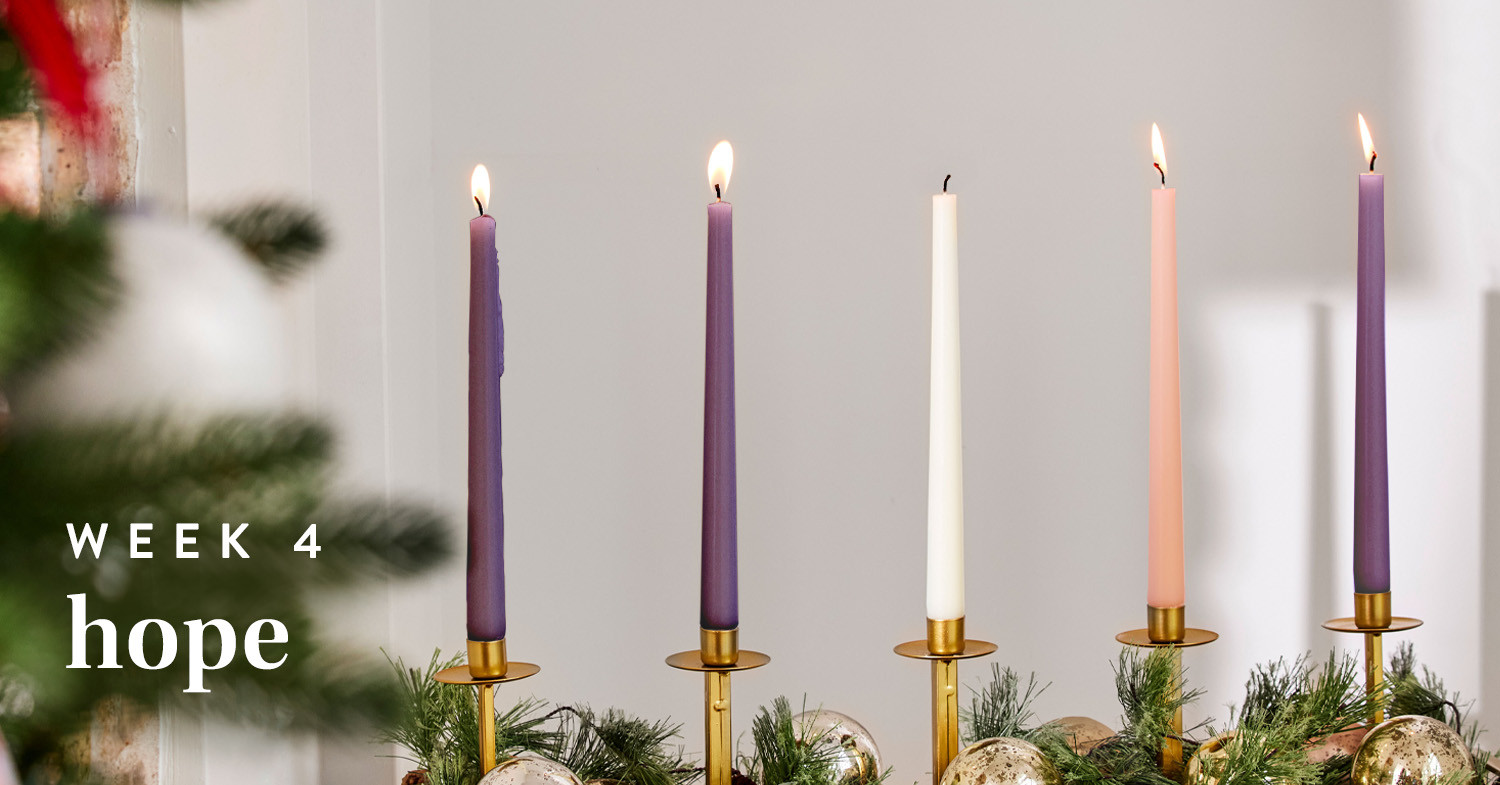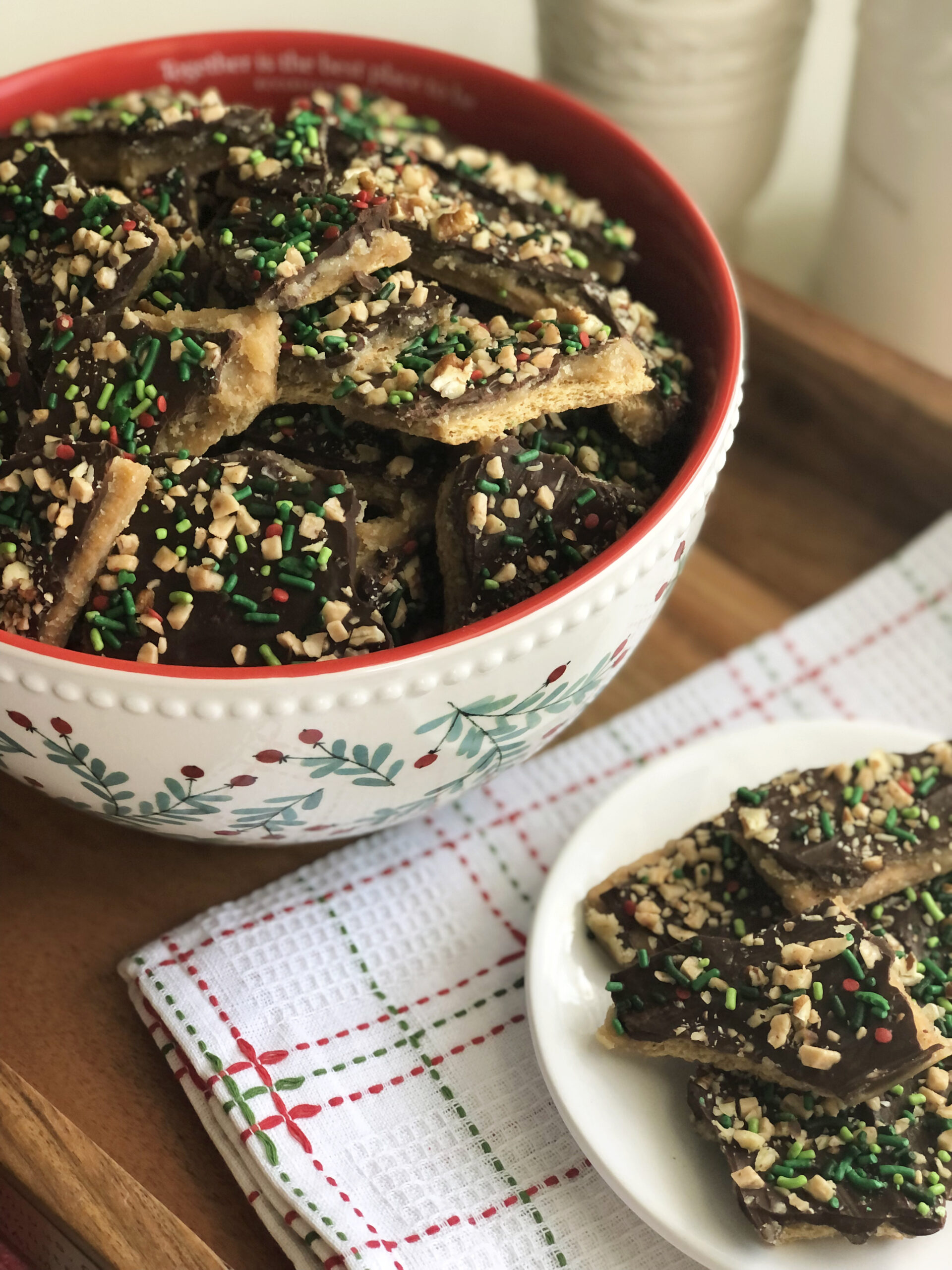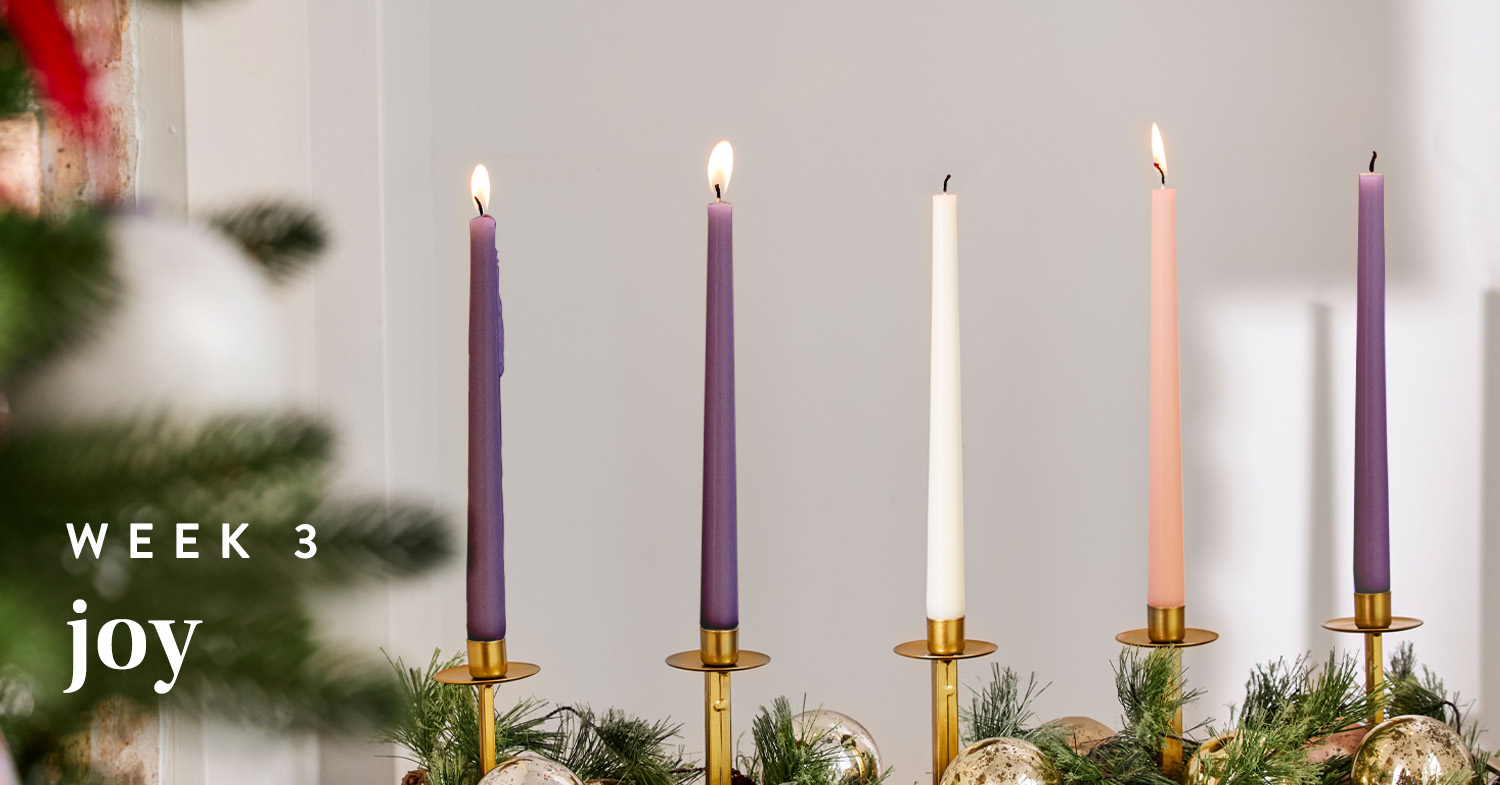Henry Wadsworth Longfellow, the American nineteenth-century poet who penned the words to one of our beloved Christmas carols, “I Heard the Bells on Christmas Day,” experienced more than his fair share of heartache. Years before writing the stanzas that became that Christmas staple, HWL lost his first wife following a miscarriage. Seven years later, he married Francis Appleton. Together, they made a home in Cambridge, Massachusetts and had six children, one of whom sadly died in infancy. Then, one evening in 1861, his close-knit family suffered another devastating blow. As Francis sealed envelopes with hot wax, her skirt caught fire, and she didn’t survive the burns. HWL, severely burned himself in an effort to help Francis. He grieved the loss of his wife deeply.
A committed abolitionist, HWL later gave his eighteen-year-old son, Charles, permission to fight for the Union army during the Civil War. When Charles was wounded and nearly paralyzed shortly before Christmas 1863, he was sent home to recover. Overwhelmed with young children to care for, his oldest son’s recuperation, and a country he loved in the throes of war, HWL heard bells ringing in Cambridge on Christmas Day.
It was then that he wrote his now famous poem, “Christmas Bells” acknowledging the real suffering and devastation that can’t outrun the real stubborn, determined way of Hope:
And in despair I bowed my head;
“There is no peace on earth,” I said;
For hate is strong,
And mocks the song
Of peace on earth, good-will to men!”
Then pealed the bells more loud and deep;
“God is not dead, nor doth He sleep;
The wrong shall fail,
The right prevail,
With peace on earth, good-will to men.”
***
Several years ago, my family walked through a heckuva trial that dragged on and on with no end in sight. As Christmas approached that year, I begged God to please, please bring a positive resolution before Christmas Day so we could experience a happier holiday that year.
Alas, no positive resolution came.
On Christmas Eve of that year, I asked myself:
How can I be merry and bright when my circumstances feel miserably broken?
For all previous Christmas seasons, I could co-exist with the struggles of real life and still enjoy my Bing Crosby tunes, sparkling tree lights, and Christmas sugar cookies. But that year, I couldn’t relish any of it. Our Very Big Ordeal loomed like Goliath over me, and our shadowy circumstances threatened to swallow me right up.
Eventually, I turned to Scripture, reading of Gabriel’s visit to Mary.
“The angel answered her, ‘The Holy Spirit will come on you, and the power of the Most High will overshadow you; therefore the child to be born will be called holy—the Son of God’.”
Luke 1:35 ESV
Before Mary gave birth to Jesus, she had to first receive the miracle formed in the shadows. She had to sit in the shadow of the Most High.
Miracles form in the shadows, and we never know when one will show up smack-dab in the middle of real life.
A few sentences before Luke 1:35, we read Gabriel’s words,
“And he came to [Mary] and said, ‘Greetings, O favored one, the Lord is with you! But she was greatly troubled at the saying, and tried to discern what sort of greeting this might be. And the angel said to her, ‘Do not be afraid, Mary, for you have found favor with God.’”
Luke 1:28-30 ESV
When we’re overshadowed by troubles, not only could those shadows precede a miracle, but God tells us within them, do not be afraid. I am with you. What’s more, though it rarely feels like favor in the moment, the truth is that God can take what we’re going through and, in His hands, turn it into a surprising provision of grace — somehow, someway.
If things look different for you this Christmas and New Year season, there’s no shame in being sad about it. That’s real life. Following that shadow of sadness, perhaps a miracle will come. Perhaps from the sorrow and brokenness will come a new truth or tradition that will bless you for decades to come. Maybe something will change for the better, and maybe it won’t. Either way, you and I serve ourselves well when we let go of our expectations that the holiday season (or life!) will only be good if it looks a certain way.
We also serve ourselves well when we read hopeful stories of those “great cloud of witnesses” who lived through every kind of uncertainty on the spectrum with no guarantee of outcomes. Yet they believed:
God is not dead nor doth He sleep.
In the end, the wrong shall fail and the right prevail.
With peace on earth, goodwill to men.
My situation wasn’t resolved by New Year’s Day and in reality, not by the next one either. Miraculously, though, I can see today — years later — how God continues to birth miracle after miracle from that dreadfully dark time.
Christmas Day may have come and gone, but may we still be acutely aware of how God births miracles in the dark. May we remember He turns our impossible into possible (Luke 1:37). When we start to doubt or forget this, may we take our eyes off of what’s around us and instead look toward our Emmanuel, Jesus — the Way, the Truth, and the Real Life who is with us always.
If loneliness is the shadow that threatens your seasonal joy, perhaps this resource could be of help to you.






